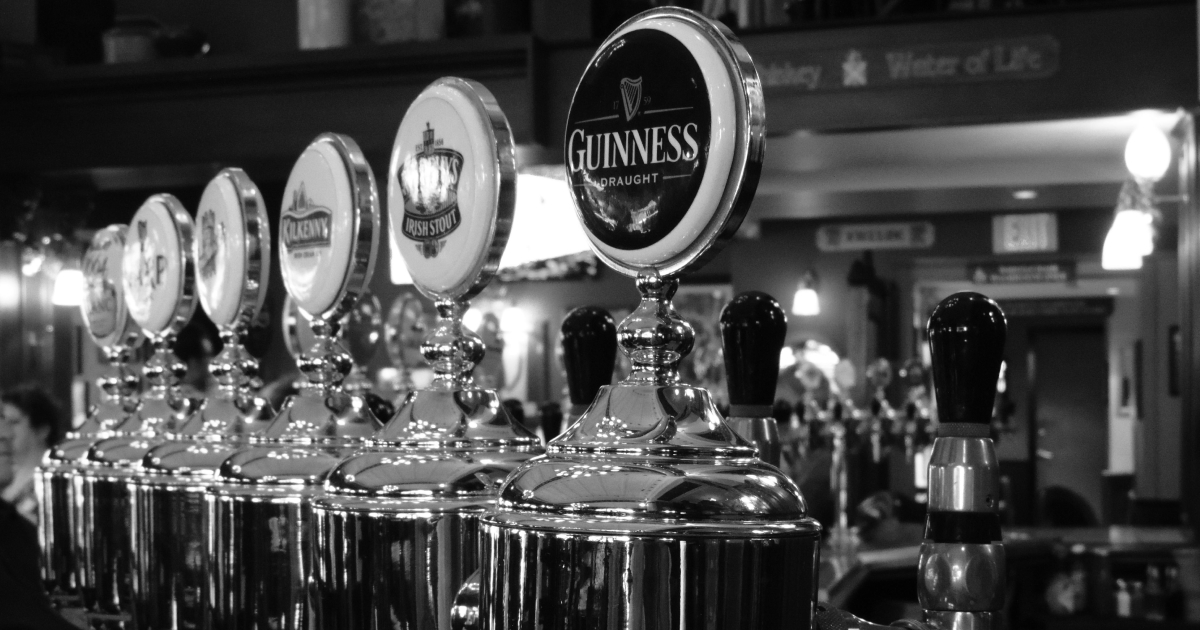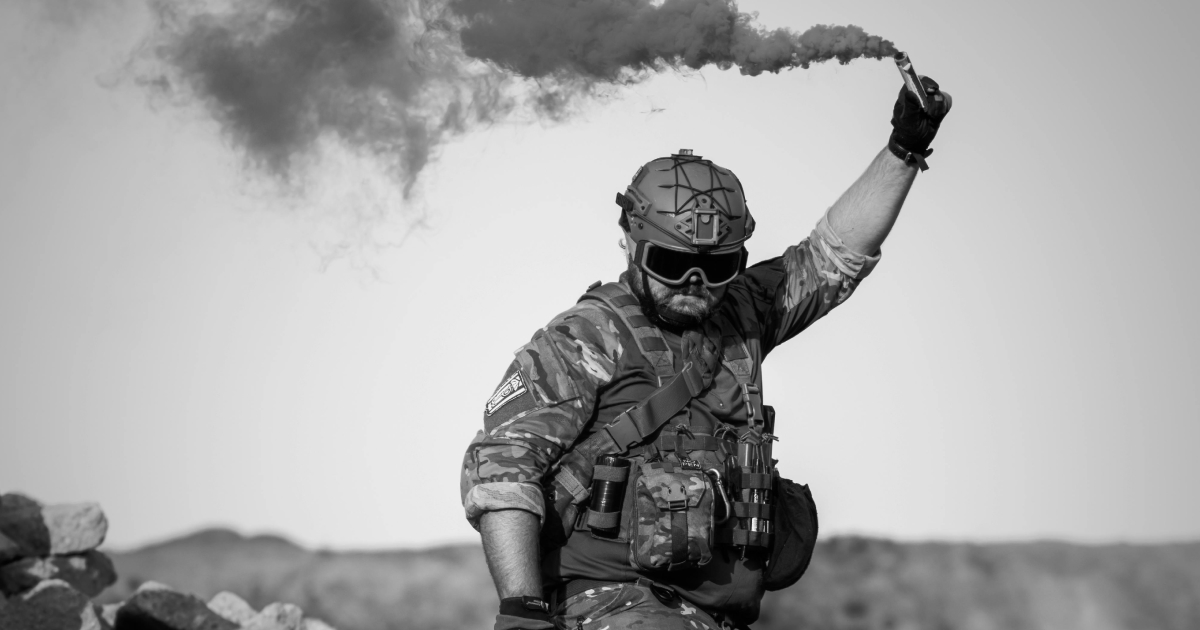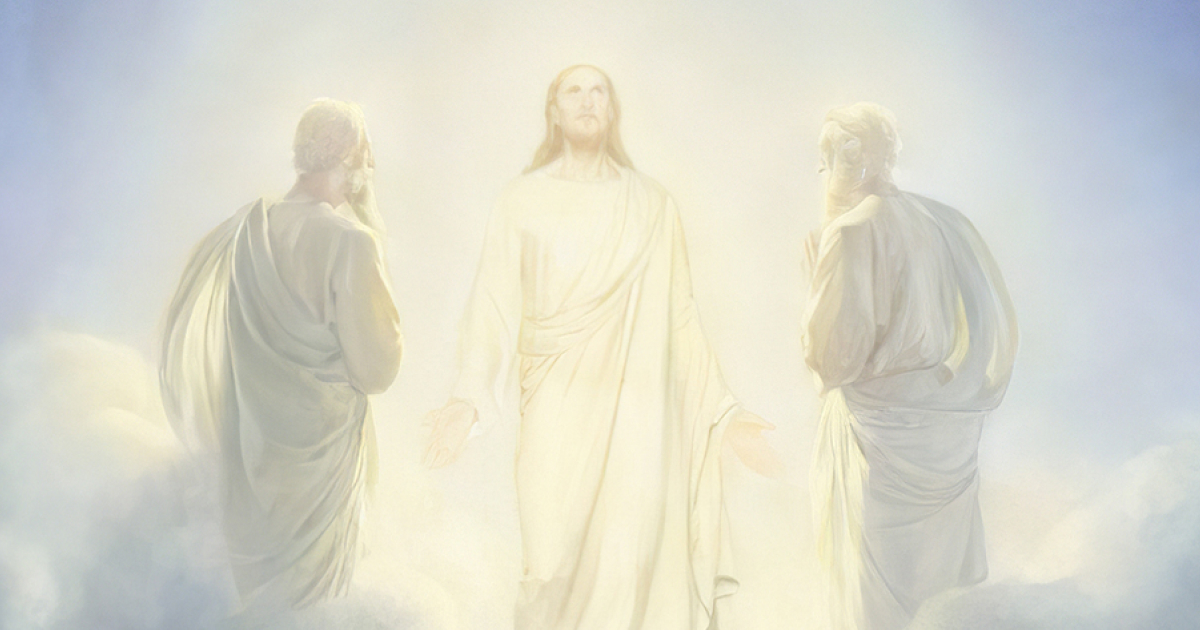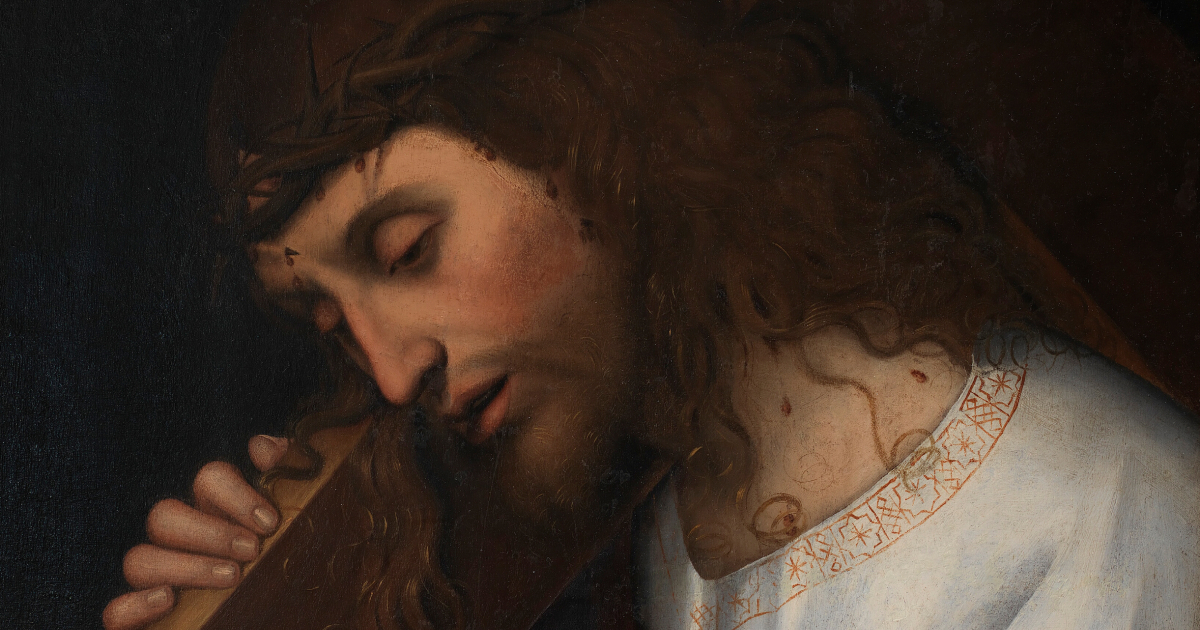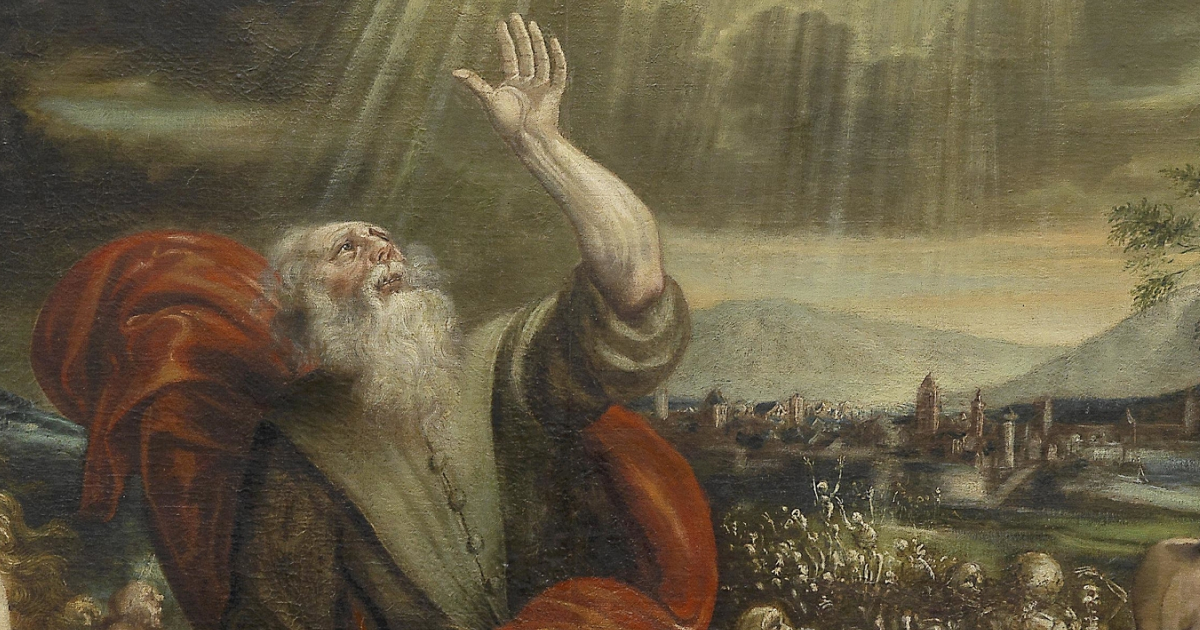Each of us lives in fear of these school shootings. Fear of the news, fear of the deaths and suffering, fear of what it portends. Any reflection runs the risk of appearing to show insufficient respect in the face of tragic and unnecessary death. But we have to reflect, especially after the attack and shooting at Annunciation Catholic School.
Much of the reflection is typically buried in political rhetoric as one side (always the Democrats in these cases) tries to make as much political capital out of the tragedy as possible. The rhetoric always follows the same pattern. The Left says, “Look at this execrable tragedy. If we did not have guns in our society, these shootings could not happen.” To which the Right always replies, “These guns don’t shoot themselves. It’s the shooters that are the cause not the guns.”
This is a sterile argument that has gone on too long. Both sides of the argument are right in some ways, yet it is an argument that in its political playground form hides the fact that there are more complex issues at work.
There is also a hidden framework, in which this tedious argument is set, which is not often reflected on. It has to do with why the Left hate guns so much and uses every opportunity to blame gun ownership for whatever tragedy has taken place.
Obviously at one level, we might all agree with the Left, and that is because guns have been the instruments that have allowed killers to murder their victims.
But equally, we obviously can’t blame the guns as if they were to some degree animate.
They are in fact the symptoms of a different argument that does not often break through the surface, at least not during the usual form of debate after a shooting. This unheard debate centres on the struggle between the State with totalitarian ambitions and the resistance of individuals or communities to those statist ambitions.
It was not long ago – only a couple of years – that the Federal Bureau of Investigation (FBI) was spying on conservative Catholics having designated them as threats to the State.
Last month, the US Congress heard that contrary to testimony from former FBI Director Christopher Wray, the 2023 Richmond memorandum that derisively labeled traditional Catholics as "racially or ethnically motivated violent extremists" was not an isolated incident.
New documents obtained have shown that the FBI put more federal law-enforcement resources into surveilling Catholics than previously known. This extended to surveilling a priest by coordinating with other field offices nationally and internationally, including FBI Headquarters and the FBI's London office.
In addition, several internal FBI documents used derogatory terms like "radical traditionalist catholic" or "Radical-Traditionalist Catholic" between 2009 and 2023. An FBI internal database contained at least 13 documents, including the Richmond memorandum, that used these terms.
So not just American Catholics then. Perhaps you and me? Setting aside our own tender capacities for paranoia (except that it’s not paranoia when they are actually out to get you), this suggest that Catholics are deemed enemies of the Left-leaning American establishment.
Catholics are used to being treated as an Enemy of the State. Nevertheless, the revelations about the FBI during the Biden administration go some way to explaining the relief of Catholics in America and elsewhere that US Vice-President JD Vance is a Catholic himself, and that therefore we will not be treated as enemies of the State by any regime in which he is involved.
At the same time, the FBI designations of traditional Catholics as radical Catholics, as if we were political extremists, is indicative of how thin the ice is.
Boiled down, what this suggests is that the Left do not like guns because it is more likely for dogmatic reasons to want to develop more statist control over its citizens than the Right is (the Left deny this of course, but that doesn’t make it untrue).
So what this infers is that the gun debate that has erupted (as always) after the Annunciation shooting has little to do with the deaths of the children or with any real proposal to deal with the phenomenon of mass killings in the States, in schools or elsewhere, but is instead the continuation of a political struggle the Left sees as far more important even than the deaths of children: that is the ambition to exercise administrative and governmental control over its citizens.
My American friends often reflect in conversation along the following lines: “What are you going to do in the UK when the Labour government turns the screw one more time over thought crime and censorship and you find yourself living in a fully fledged totalitarian state?”
Or they say, following news reports that continue to tell us that for some strange reason the police occasionally catch shipments of arms smuggled in from Dover – suggesting a regularity and volume of shipments they miss – something like, “What are you going to do when eighty thousand Muslims take to the streets of Britain fully armed, and you have no arms?"
Indeed we don’t. Gun control for the Left is a pre-requisite for ensuring that the citizenship have no means of defending themselves when the State turns hostile.
So if gun control is about statist ambition for a more authoritarian government, perhaps that is the context in which the debate should take place.
And what if we then discuss the tragedy of school shootings without being diverted by gun control? We might find ourselves giving our attention to that deeply demanding area of the crossover between mental illness and evil.
Interpreting the subtle and multi-layered gradations between mental distress and dysfunction and the reality of metaphysical evil is much harder to do than wrangling over gun control.
We have politicised gender dysphoria and in so doing have removed it from the category of mental illness where it belongs, taking it into the contested arena of human rights and victimhood.
Part of the ethical and metaphysical analysis of the Church is that suffering from being mentally unwell makes the task of holding a defence against the subtleties of evil and the ethically disguised whispers of temptation so much more difficult than when one is sane and well balanced.
So perhaps it is no surprise that some of the more recent shootings of innocents have involved perpetrators who were “trans” or cross-dressing or non-binary.
We are not trying to blame any class of persons, but only to observe that the mentally ill are less defended against the temptation to succumb to rage, bitterness, a misplaced sense of injustice, and to subsequently kill their innocent neighbours.
What is the Catholic response to this? There is nothing direct anyone can do to forestall an event that cannot easily be predicted. But it is clear that mental illness accompanies the decline of religious belief.
Society has tried to avoid this link energetically for decades, but studies prove that having a settled belief in a creating God who saves, allows people who believe to feel that they have purpose and significance.
It deepens their resources for hope. It encourages the perceptions of meaning. It fuels forgiveness. It dissolves bitterness. It contains and reduces self-hatred. Religion, it turns out, is not just good but excellent for one’s mental health.
This is the direct opposite of the Freudian analysis that Sigmund Freud incompetently and maliciously tried to sell a European culture that was all too willing to buy it and believe it.
So what, beyond prayer and pity, is the Catholic response to mass shootings when there occur?
It is not to be distracted by attributing agency to guns themselves. It is not to be distracted by confusing political overreach of the State with solutions for the distress and malfunctioning of the human condition.
Instead, it should be to offer the deepest compassion to those who suffer and to those who inflict suffering. But to do so with informed judgement. And this means the recognition that the most help we can give is to offer people a life of Catholic sacramental renewal and protection.
Also, to help them find Christ to rescue and protect them from the fallen angels who delight in disorder and deception.
This can be achieved by deepening our own spirituality, compassion and courage to engage in evangelisation.
The guns are a symptom. The causes lie elsewhere and Catholics are better placed than most to identify them.
RELATED: Annunciation school shooting investigated by FBI as ‘hate crime targeting Catholics’
Photo: People attend a prayer service of peace and healing at the cathedral of St. Paul for the shooting at Annunciation Catholic School in neighbouring Minneapolis, St. Paul, Minnesota, 28 August 2025. (Photo by Scott Olson/Getty Images.)





.png)


